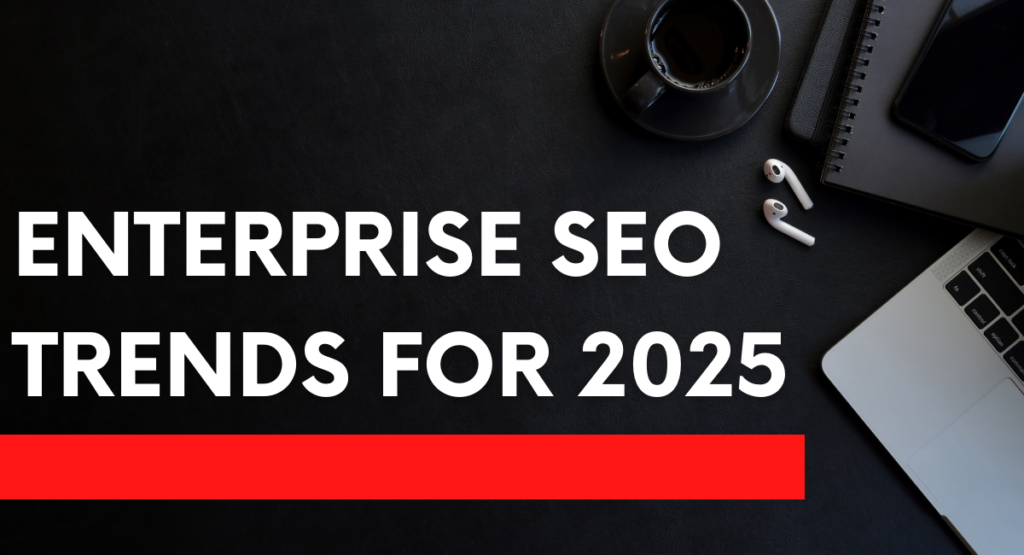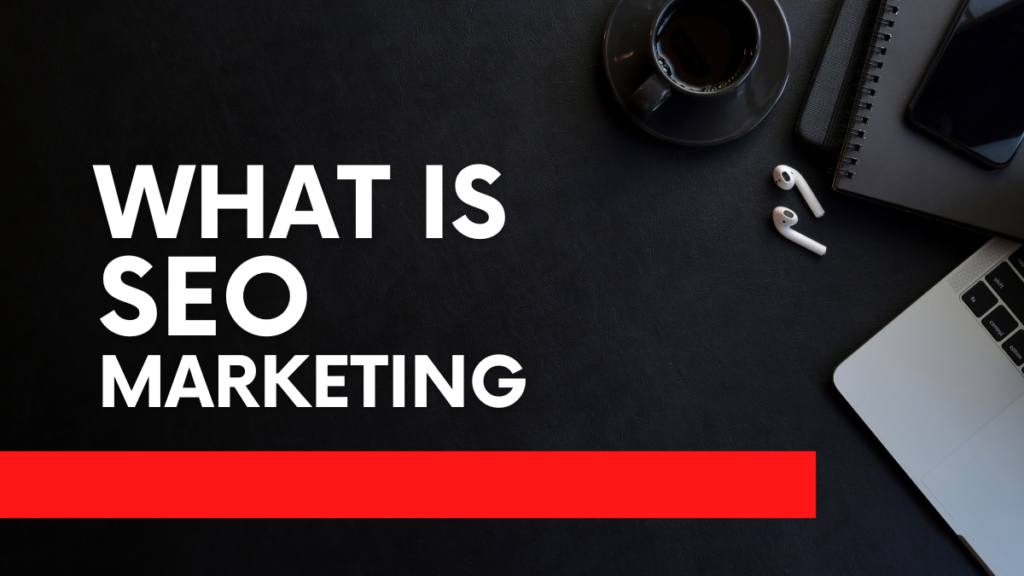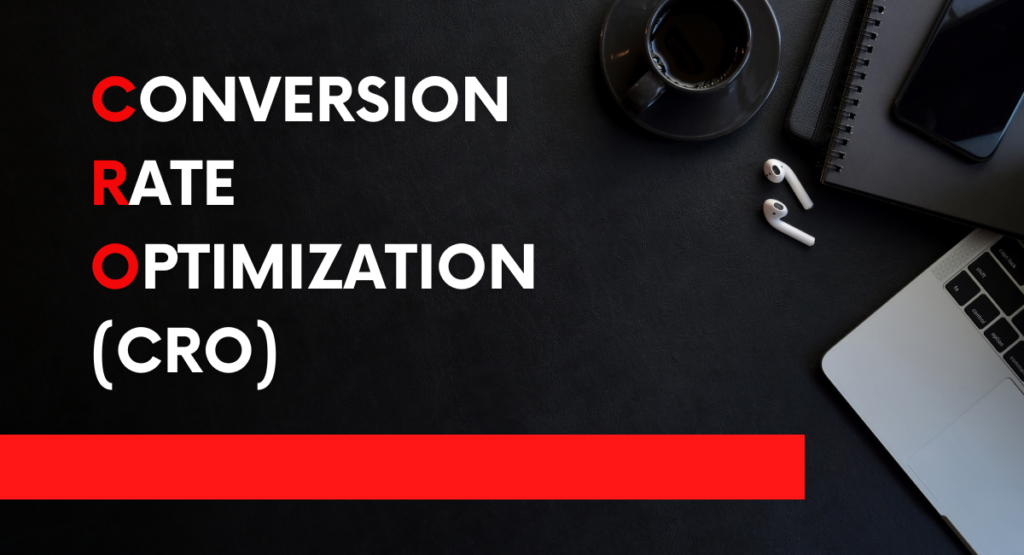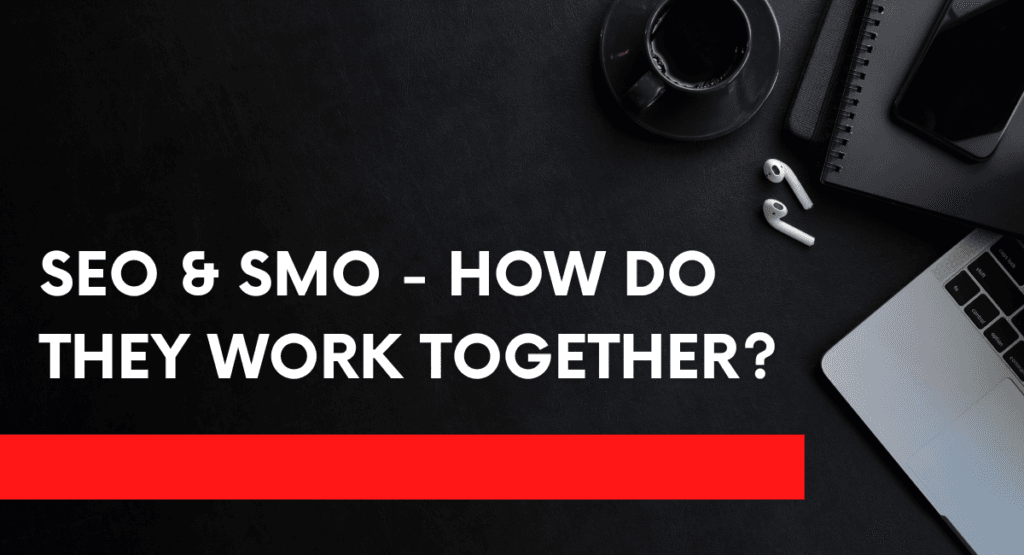Introduction
Enterprise SEO is the process of optimizing large websites with high search visibility and effective management of content. The companies will need to adapt advanced techniques in Search Engine Optimization when the search algorithm changes in order to sustain their rankings, build traffic, and improve the website’s user experience in a competitive digital world.
-
Brief introduction to Enterprise SEO and its critical role in large organizations.
Enterprise SEO is very important for large corporations, especially the biggest and very intricate companies that hold immense digital assets. This will, therefore, allow them to discover whether their content and brand is scalable or not, staying indexed while being silky smooth. Companies will have to compete using leverage, automation and AI-driven insights along with more technical advanced SEO strategies in order to pursue sustainable online growth.
-
Overview of how Enterprise SEO has evolved and what trends to expect in 2025.
Enterprise SEO has evolved with AI, automation, mobile-first indexing, and voice search. Moving into 2025, businesses need to ace hyperlocal SEO, structured data, and real-time analytics to maintain their supremacy over a search and adjust to the consumer behaviors and algorithm of the search engines.
-
Highlight the importance of adapting SEO strategies at an enterprise level to stay competitive.
With an increasing competition, enterprises must fine-tune their SEO strategies through continuous refinement. Only by maintaining focus on AI-driven insights, technical optimizations, and user experience enhancements will they be able to have sustainable visibility. Enough reason to follow through with the latest trends-may it be mobile-first indexing or hyperlocal SEO-so as to become pertinent in the process and max out digital success.
The Evolution of Enterprise SEO
Enterprise SEO is a data-driven AI-driven practice that involves big sites on focus scalable, automate as well as an enhanced user experience. The continuous presence and performance marks the outcome.
What Makes Enterprise SEO Different from Regular SEO?
Whereas a large website typically requires enterprise SEO compared to general SEO; general SEO is the practices relating to the application of automation in combination with structured content as opposed to that of large, complicated web pages.
- Explanation of the scale and complexity of Enterprise SEO.
Huge numbers of pages, diverse audiences, multi-domain, and very expansive keyword strategy require the use of enterprise SEO to involve automation, structured data, and sophisticated analytics.
- Key differences between small business SEO and enterprise-level strategies.
Small business SEO is more predisposed to local search and niche-marketing targeting rather than international scalability with AI-driven insights and automation through enterprise SEO.
How Enterprise SEO Has Changed Over the Years
Old traditions of SEO had to be made way for the acceptance of AI-powered automation, being mobile-friendly, semantic search, and UX-led approaches towards being digitally dominant.
- The shift in focus from traditional SEO tactics to a more holistic approach.
SEO as a whole involves AI, UX, and structured data while using automation that amplifies visibility and engagement for search.
- Impact of new technologies (AI, automation) on enterprise SEO strategies.
AI increases keyword research, content creation, and analytics whereas automation streamlines reporting, site audits, and large-scale optimization.
Core Trends Shaping Enterprise SEO in 2025
AI-driven content, voice search, hyperlocal SEO, structured data, and mobile-first indexing will dominate enterprise SEO trends.
The Role of Artificial Intelligence and Automation
AI improves search intent understanding, content optimization, and technical audits, whereas automation accelerates SEO execution at scale.
- How AI is revolutionizing keyword research, content creation, and analytics.
AI predicts search trends, automates keyword targeting, and refines analytics to optimize SEO performance effectively.
- Automation tools that help large businesses streamline SEO processes.
BrightEdge, Ahrefs, and SEMrush platforms automate reporting, competitor analysis, and keyword tracking for enterprise efficiency.
- The future of AI-driven content and its impact on rankings.
AI-generated content personalizes user experience, enhances engagement, and aligns with the changing search algorithms for better rankings.
Voice Search and Conversational SEO
Voice optimization includes targeting conversational queries, structured data, and enhancing mobile experience.
- The rise of voice search and its growing relevance for enterprise websites.
Increased usage of voice assistants makes enterprises optimize for NLP and long-tail queries.
- How to optimize content for voice search and natural language processing (NLP).
Underpin your use of question-based keywords, FAQ sections, and schema markup to have better understanding by the search engines of conversational queries .
- Long-tail keyword strategies for conversational search.
Any business that is targeting long-tail keywords will also rank for voice searches as well as featured snippets in the SERPs
Mobile Optimization and Enterprise SEO
Responsive design, AMP, and mobile usability improvements are critical to ranking in Google’s mobile-first index.
Mobile-First Indexing and Its Impact on Enterprise Websites
Google favors mobile versions: enterprises are required to make web pages more fast, responsive and structured data ready.
- The shift to mobile-first indexing and its implications for large-scale websites.
Large sites have to cater to Mobile-First indexing and should also be sure that UX is mobile-friendly; pages are fast; all web navigation user-friendly.
- Best practices for optimizing complex, large enterprise websites for mobile.
Responsive Images and Seamless Navigation for Easier Experience in Mobiles
Accelerated Mobile Pages (AMP) for Enterprise SEO
AMP enhances the speed of mobile page loading to increase engagement, boost Core Web Vitals, and improve rankings.
- How AMP can help speed up mobile experiences and improve rankings.
AMP decreases the number of bounce rates, and increases mobile visitors. AMP also aligns with Google’s ranking signals.
- Case studies of enterprises using AMP successfully.
The following are examples; eBay and the Washington Post, for instance, have utilized AMP to enhance search presence for its web content, as well as a better user experience.
Content Strategy for Large-Scale Websites
The enterprise content strategy needs to be scalable, AI-friendly and structured for ranking appropriately.
Scalability in Content Creation and Management
For AI, ease in the management of contents at scale is assured through automation and content structure frameworks and collaboration tools.
- Developing content strategies that scale with a large enterprise.
Enterprises should develop modular content structures, integrate automation with consistent branding.
- Tips for creating a unified content structure across multiple departments and locations.
Centralized content guidelines, workflow automation, and AI-driven analysis ensure consistency across global teams.
Semantic Search and Entity-Based Optimization
Search engines prefer meaning over keywords, making entity-based SEO a must for enterprises.
- How semantic search is shaping the future of content strategy.
Content strategy should be directed toward user intent, structured data, and topic clustering for great rankings in search.
- The importance of entity-based SEO and structured data for enterprise-level websites.
Schema markup and knowledge graphs enhance the semantic understanding of the search engines which increases discovery.
Technical SEO for Enterprise Websites
Optimize large-sized site structure, crawlability, indexing, and structured data.
Optimizing Large Site Structures
Internal linking using proper logic with site structure boosts crawlability and SEO performance.
- Best practices for optimizing complex site hierarchies and internal linking.
Clear navigation and optimized sitemap with strategic internal linking will ensure proper indexing.
- Ensuring crawl efficiency and reducing technical SEO bottlenecks.
Optimize robots.txt, XML sitemaps, and canonical tags for efficient crawling.
Managing International SEO at Scale
Localized content, hreflang tags, and regional optimizations are used to drive search visibility on the global front.
- Strategies for implementing international SEO across multiple regions and languages.
Good translation of content along with targeted keywords for specific countries and geo-targeting can lead to desired impacts.
- Challenges of international SEO for enterprise websites and how to address them.
Managing multiple languages and regional search behavior, overcoming local challenges.
Local SEO and Enterprise Businesses
Enterprise businesses need powerful local SEO strategies to promote visibility and interaction at the local level of their stores.
Hyperlocal SEO for Enterprises
City-level and neighborhood-level hyperlocal searches have more possibilities of generating more local engagement and visibility.
- The growing need for local SEO even at the enterprise level.
Google has updated local searches to ensure the accuracy of location information for businesses and, additionally, improve the user experience as well.
- How large organizations can benefit from hyperlocal SEO strategies.
Hyperlocal SEO will enable business enterprises to rank for location-specific searches, which may drive foot traffic as well as conversions.
Google Business Profile Optimization for Large Businesses
Enhancing the local search presence, engagement, and the efforts can be accomplished by optimizing a number of locations on Google Business Profile.
- Best practices for managing and optimizing multiple Google Business Profiles.
All correct NAP information, customer reviews, and localized content perform better in local rankings.
- The role of local search and reputation management in enterprise SEO.
Customer reviews, local listings, and brand reputation influence search visibility and trust.
Link Building and Authority Development
Getting authoritative backlinks is an enhancement of enterprise SEO and search credibility.
Building High-Quality Backlinks at Scale
Guest posting, digital PR, and influencer collaborations can improve enterprise link-building strategies.
- Strategies for large organizations to acquire backlinks without resorting to black-hat techniques.
Content marketing, partnerships, and press releases encourage organic backlink growth.
- How to manage outreach and collaboration on a large scale.
Streamlining acquisition strategies for backlinks through the automation of outreach and the utilization of CRM tools.
The Role of Brand Authority in Enterprise SEO
The strength of brand trust signals improves ranking and credibility at search engines.
- How brand authority and trust impact SEO success.
An authority score enhances click-through rates, increases visibility, and also improves overall performance in SEO.
- Leveraging digital PR, social media, and other channels to build brand credibility.
Through press coverage, influencer partnerships, social signals, enterprise brand authority gets created and eventual rise into top-ranked search results.
Data-Driven SEO for Enterprises
Data analysis concerning what people are searching for, the way users behave, and competitor insights will all help optimize enterprise SEO.
Importance of SEO Analytics in Enterprise-Level Decision Making
They take data-driven decisions that help them enhance search visibility, conversion as well as long-run business success.
- How enterprise businesses can use SEO data to inform strategic decisions.
Analytics tools will ensure content keyword strategy as well as the right targeting of audiences that brings an optimum return on investment
- Tools and platforms for enterprise-level SEO analytics and reporting.
Some of the tools that big enterprises use in tracking performance in SEO include Google Search Console, Ahrefs, SEMrush, and BrightEdge, among others.
Optimizing for User Experience (UX) and Core Web Vitals
Page speed, interactivity, and visual stability directly affect rankings in search as well as the engagement of the user.
- The role of UX in SEO rankings, especially on large enterprise websites.
Smooth UX will make a positive effect on dwell time, reduce bounce rate, and improve performance in SEO.
- How Core Web Vitals impact SEO performance and what large businesses can do to optimize them.
Better rank has been encountered to be linked with Largest Contentful Paint, First Input Delay, and Cumulative Layout Shift.
The Future of Enterprise SEO: Key Considerations
From AI powered search through to hyperlocal SEO, mobile-first and structured data, 2025 belongs to Future Enterprise SEO.
Preparing for 5G and its Impact on SEO
This means faster mobile that makes content better and of course higher ranking through improved site performance.
- How the roll-out of 5G will affect user behavior and website performance.
This is how one comes into enterprise website optimization based on instant load times and quality of media consumption.
- Optimizing enterprise websites to take advantage of faster mobile networks.
Video content will add richness to the mobile experience. It reduces milliseconds when pages have to be loaded.
The Growing Role of Video and Visual Content in SEO
Video snippets, interactive media, and image optimization will enhance rankings for enterprises.
- How video SEO will evolve in 2025 and beyond.
AI-generated video transcriptions, metadata tagging, and indexing of videos will make video search more visible.
- Integrating multimedia content into enterprise websites for better engagement and rankings.
Multimedia content on Enterprise websites to increase user interaction and image, video, and interactive component rank optimization for better engagement and SEO.
Conclusion
Enterprise SEO in 2025 would, thus be more characterized by innovations emerging from AI, automation, mobile-first indexing, and hyperlocal optimization. In short, scalable content strategy, technical SEO, and user experience must feature more significantly to get competing at all, the volatile digital market space included in such changes to algorithms, which lead to further derivations of data-driven insights toward higher ranks and sustainable growth figures.
FAQ’s About Enterprise SEO
What makes Enterprise SEO different from regular SEO?
Enterprise SEO automates large-scale website optimization by applying technical SEO and multi-location strategies advanced.
How can large businesses scale their content strategy effectively?
Using AI, automation, and structured workflows for consistency, relevance, and efficiency.
How does mobile-first indexing impact my enterprise website?
The mobile-friendly site is indexed; hence, the website has to be optimized for speed, responsiveness, and structured data.
What is hyperlocal SEO, and how can it benefit my enterprise business?
It refers to the way through which your enterprise business can be benefited through hyperlocal SEO targeting location-based searches in bringing increased local visibility, customer engagement, and conversion.







